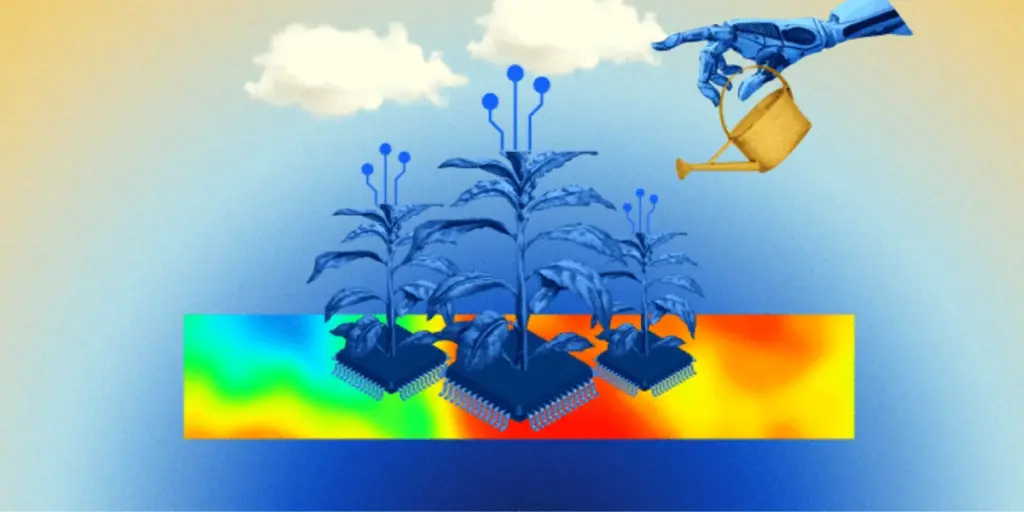AI visionary Andrej Karpathy, co-founder of OpenAI and Eureka Labs boss, just shattered expectations with his latest open-source gem, nanochat. In a candid X post on October 13, he confessed that every line of this full-stack ChatGPT-like model pipeline came straight from his keyboard—no AI crutches involved. As developers chase “vibe coding” dreams, Karpathy’s nanochat stands tall as a testament to human grit, clocking in at a hefty 8,000 lines of pure, hand-crafted code. This release builds on his hit nanoGPT project, shifting from mere pretraining to a complete training and inference setup that anyone can tweak and run. In an era where AI tools promise to code for you, Nanochat spotlights the raw power of manual mastery, drawing cheers and debates across tech circles.
Nanochat Pure Code Roots: Specs, Struggles, and AI Wake-Up Call

Karpathy didn’t mince words when a curious follower probed his coding process. “It’s basically entirely hand-written (with tab autocomplete),” he shot back on X. He even tested AI agents like Claude and Codex, but ditched them fast. “They just didn’t work well enough at all and were not helpful, possibly the repo is too far off the data distribution,” he explained. This nanochat revelation ignited buzz, with AI sceptic Gary Marcus jumping in to hail it as proof of persistent AI flaws. “Andrej Karpathy, inventor of the term vibe coding, hand-coding. And confirming—yet again—that current AI has not solved distribution shift,” Marcus tweeted, echoing his decades-long crusade against AI overpromises since 1998.
For tinkerers eyeing nanochat, here’s what packs this powerhouse:
- Code Volume: Roughly 8,000 lines, spanning the full pipeline from data prep to deployment.
- Core Focus: Trains and infers a simple ChatGPT-style model, evolving beyond nanoGPT’s pretraining limits.
- Tech Stack: Relies on standard tools like PyTorch; no fancy AI assists— just clean, efficient Python.
- Accessibility: Open-source on GitHub, inviting forks for custom bots or research tweaks.
Also Read: SEO Explained: A Step-by-step Guide to Search Engine Optimization
Karpathy’s move flips the script on AI dependency, urging coders to sharpen their skills amid tool temptations. As nanochat gains traction—forks already spiking— it fuels SEO searches for “hand-written AI code” and “nanochat tutorial.” Will this spark a backlash against lazy AI coding? Or prove humans still rule the repo? Tech watchers bet on the latter, with Karpathy leading the charge back to basics.
More News To Read: Scale AI Layoff: Company Faces Backlash Despite Funding
